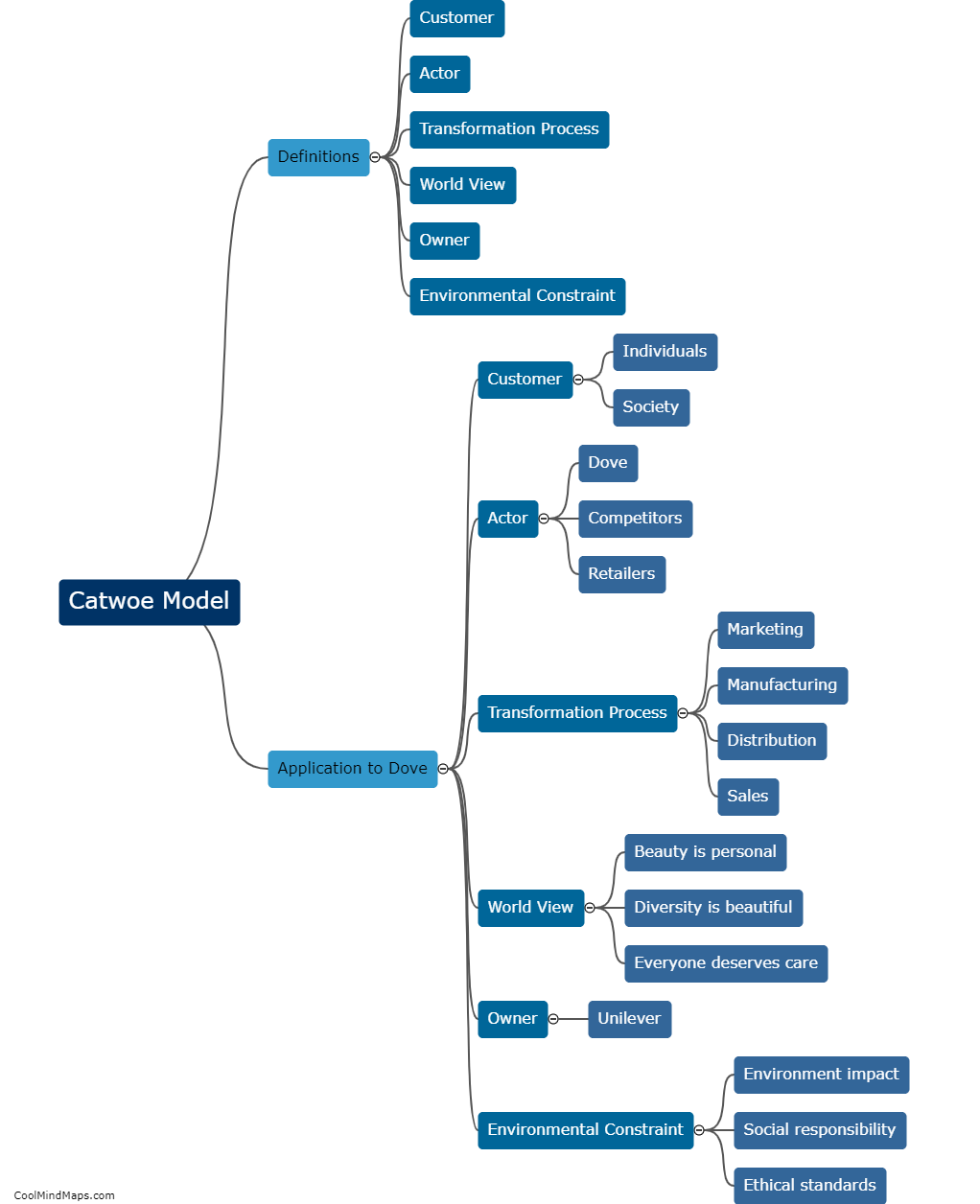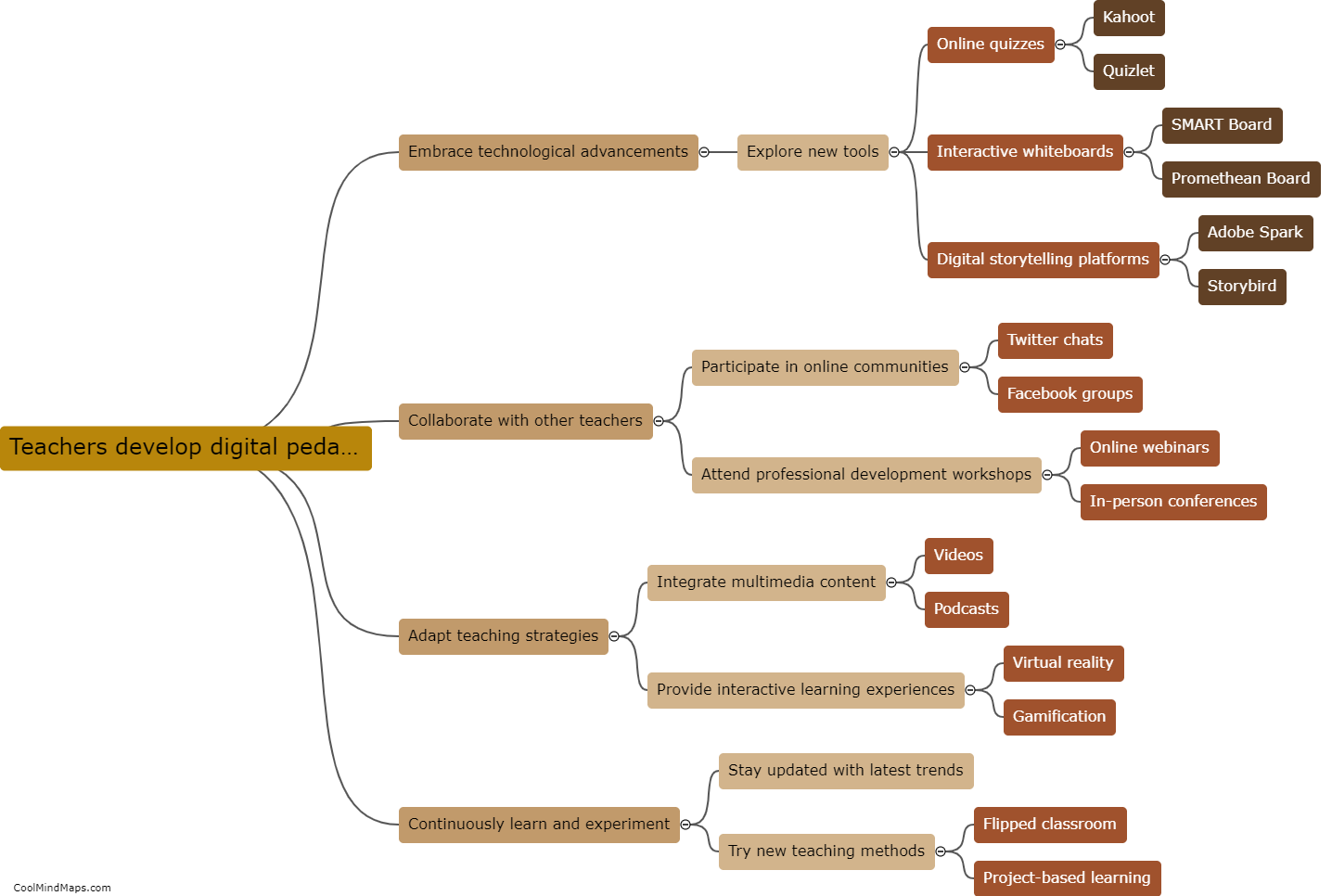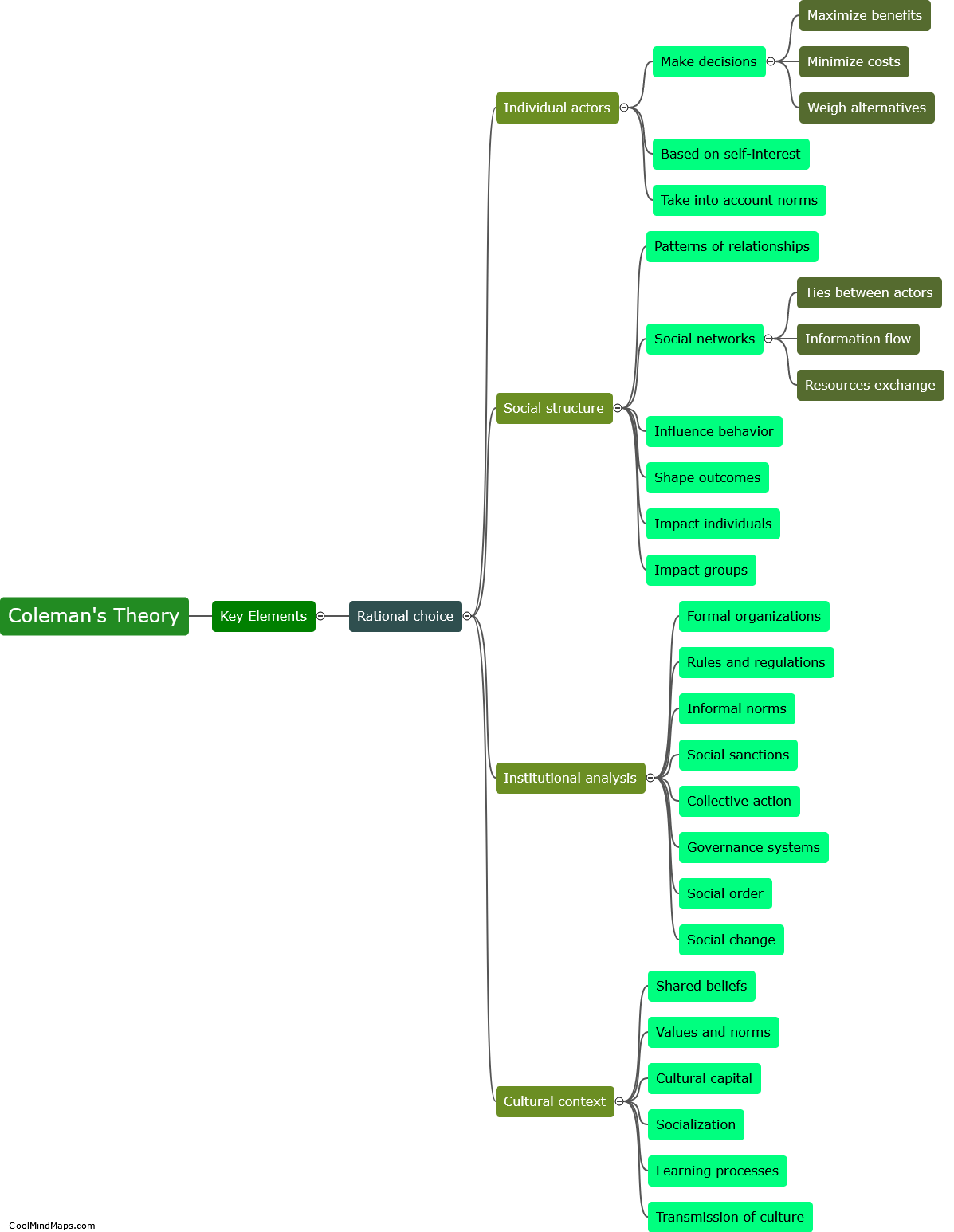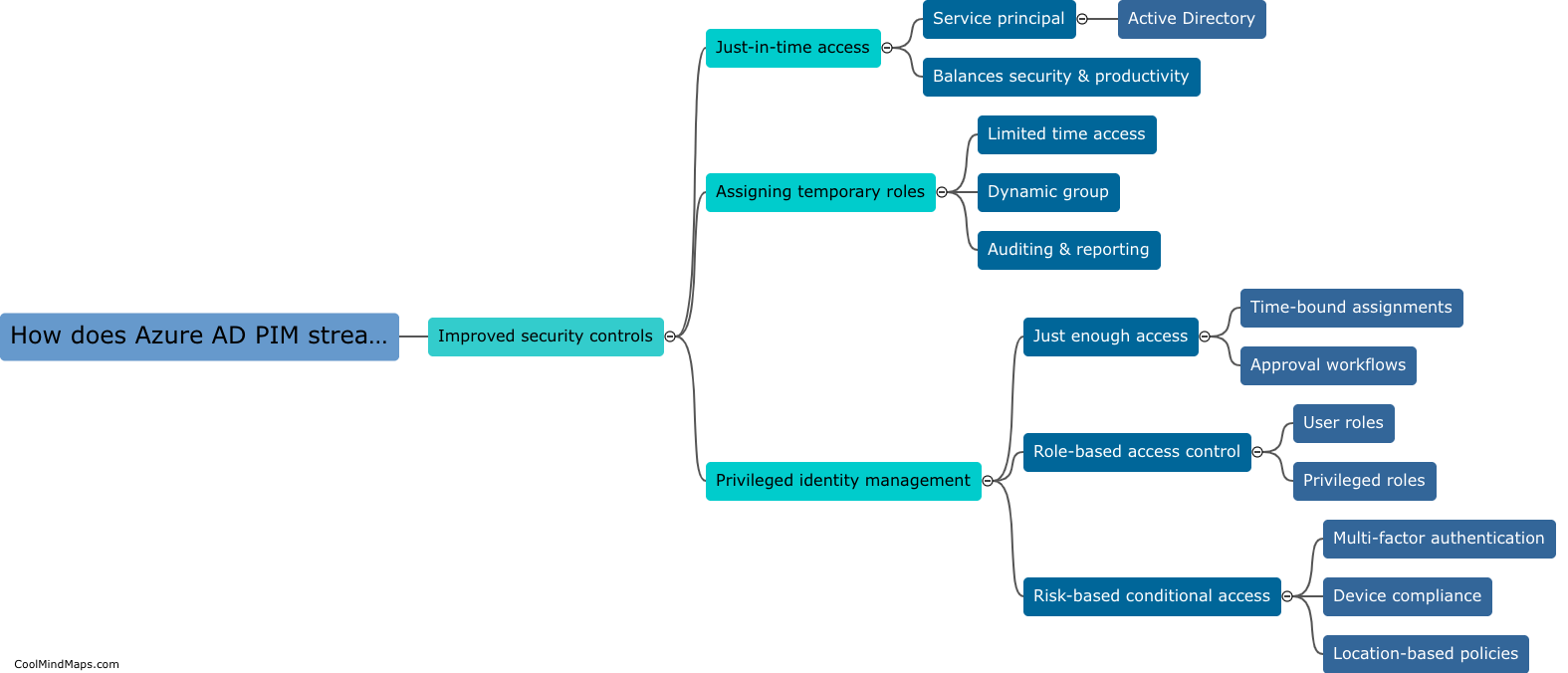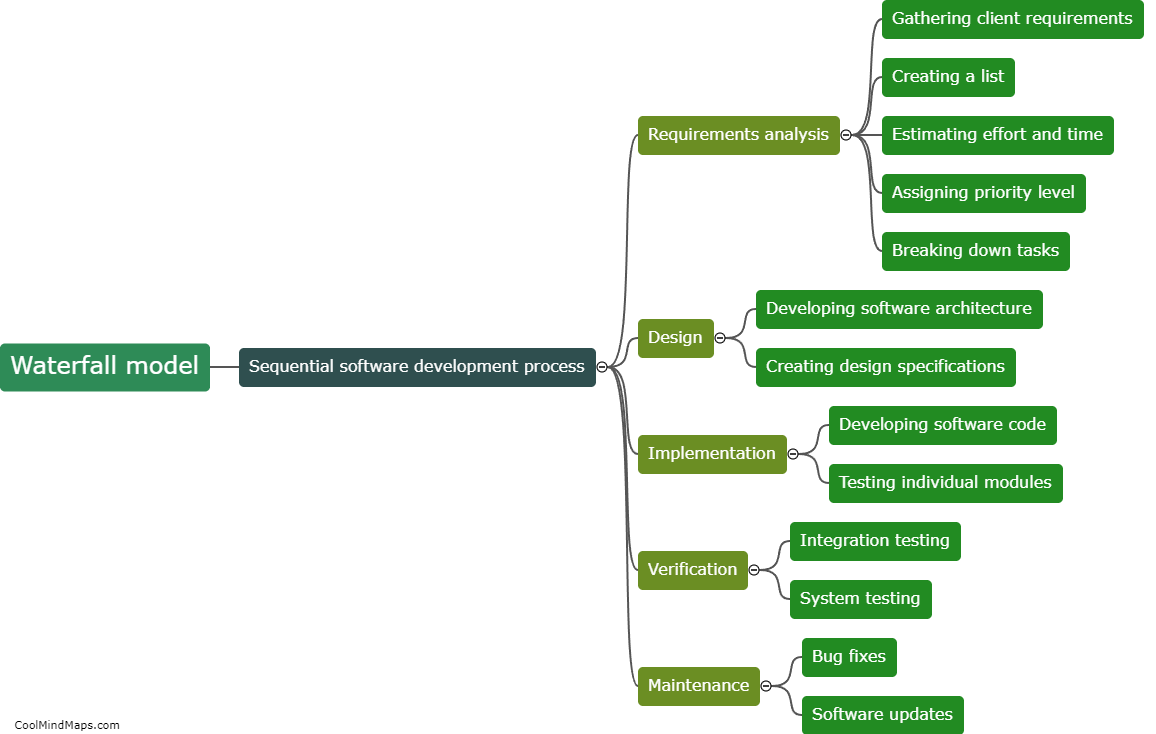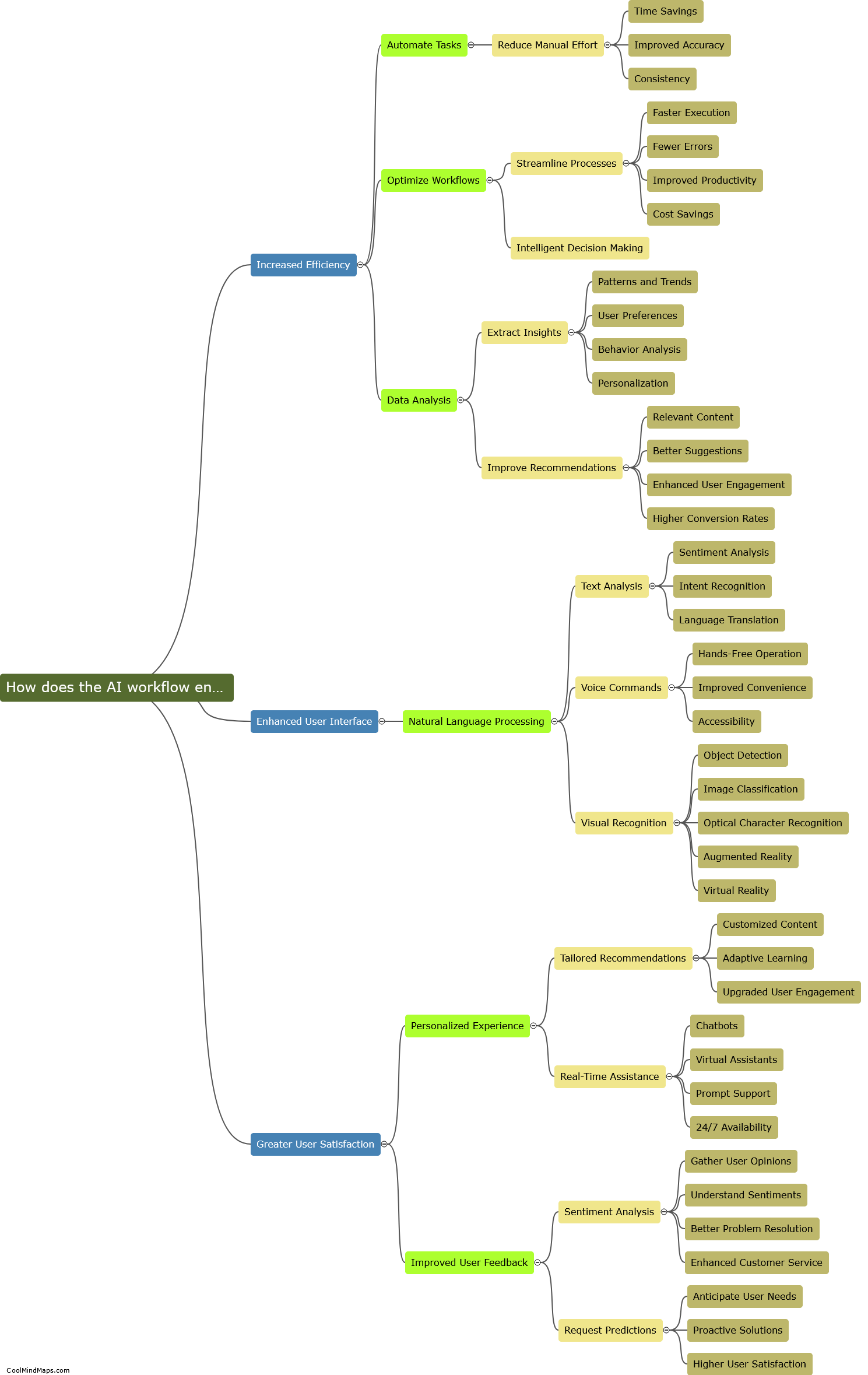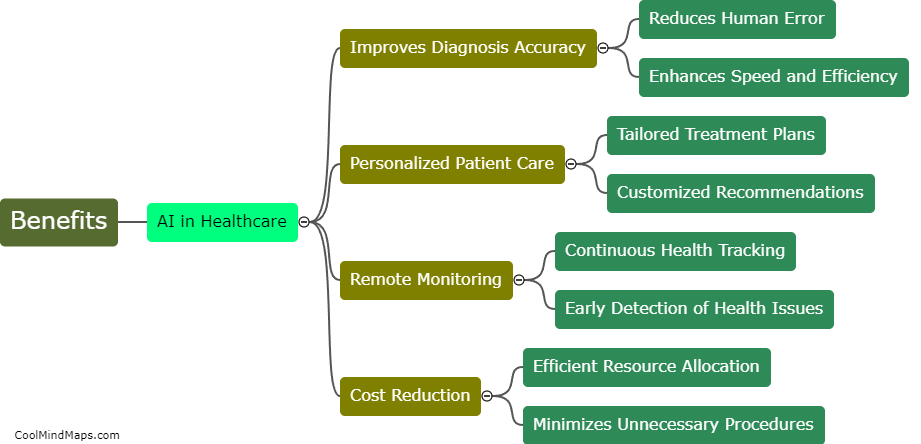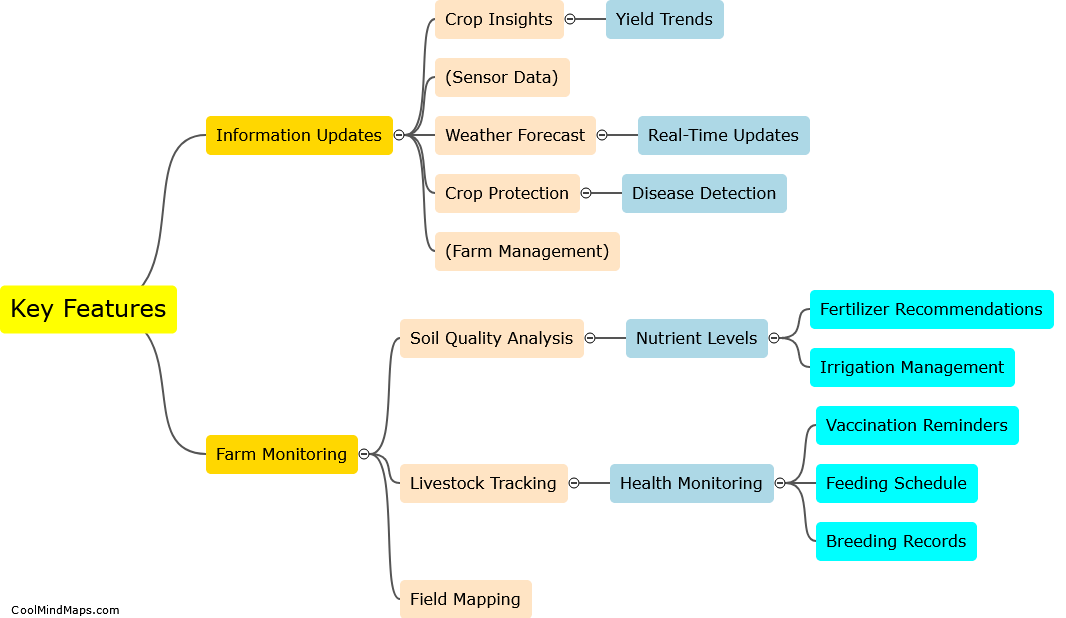What are the potential challenges of implementing AI in healthcare apps?
Implementing AI in healthcare apps presents several potential challenges. One key challenge is ensuring the accuracy and reliability of AI algorithms used in decision-making. The interpretation of complex medical data requires a high level of precision, and any errors made by AI systems could have serious consequences for patient outcomes. Additionally, there is a need for extensive data collection and curation to train AI models effectively, which can be time-consuming and resource-intensive. Furthermore, the ethical issues surrounding privacy and security of patient data are of utmost importance, as healthcare apps often involve sensitive personal information. Maintaining patient trust while protecting their privacy is crucial. Moreover, integrating AI seamlessly into existing healthcare systems and workflows can be challenging, as it requires collaboration and coordination among healthcare professionals, technologists, and regulators. Addressing these challenges is essential to harness the full potential of AI in improving healthcare outcomes while ensuring patient safety and trust.
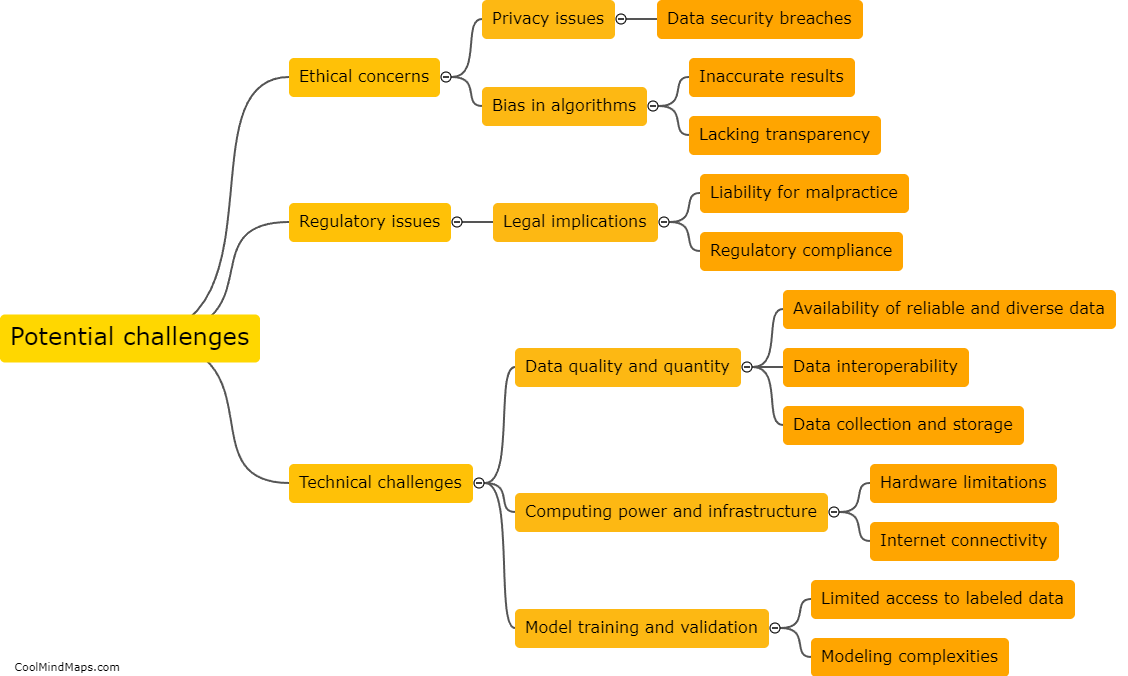
This mind map was published on 30 June 2023 and has been viewed 105 times.

